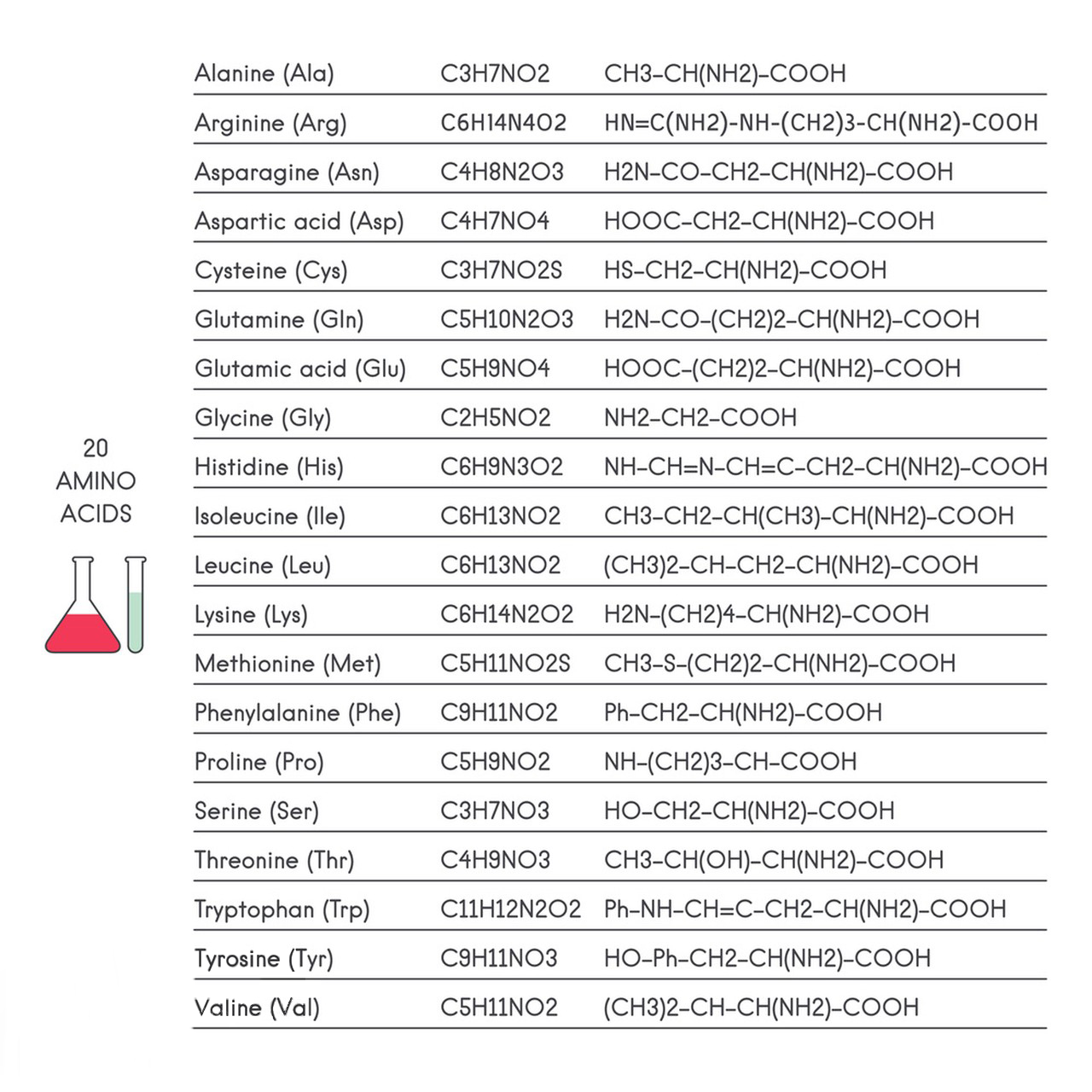L-Glutamic acid is a non-essential amino acid, meaning that the human body can synthesize it internally and it does not need to be obtained through the diet. It is one of the 20 amino acids that serve as the building blocks of proteins in the body.
Chemically, L-glutamic acid is an alpha-amino acid, which means it has an amino group (-NH2) and a carboxyl group (-COOH) attached to a central carbon atom. It is classified as a polar, uncharged amino acid due to its side chain, which contains a carboxyl group. This side chain is responsible for its acidic properties.

L-Glutamic acid plays important roles in various biological processes. It serves as a precursor for the synthesis of other amino acids, such as proline and arginine, and it is involved in the citric acid cycle (also known as the Krebs cycle or TCA cycle), a central metabolic pathway that produces energy in the form of adenosine triphosphate (ATP). L-Glutamic acid is also a key neurotransmitter in the central nervous system, where it functions as an excitatory neurotransmitter involved in signal transmission between nerve cells.
In the food industry, the sodium salt of L-glutamic acid, known as monosodium glutamate (MSG), is used as a flavor enhancer to impart umami, a savory taste, to various dishes. Umami is considered one of the five basic tastes, along with sweet, sour, bitter, and salty. MSG is commonly used in a variety of cuisines to enhance the flavor of soups, sauces, and processed foods.
Glutamic acid is also used in the production of certain food additives, as well as in the manufacture of pharmaceuticals and as a research reagent in laboratories.
How to use L-Glutamic Acid?
L-Glutamic acid is a naturally occurring amino acid that serves various functions in the body, including being a key component in protein synthesis and playing a role in neurotransmission. It is also commonly used as a food additive (E620) to enhance the umami taste in foods. Here are some common ways to use L-Glutamic Acid:
Dietary Supplement:
L-Glutamic acid is available in the form of dietary supplements, such as capsules, tablets, or powder. People may take it as a supplement for various purposes, including improving exercise performance, enhancing cognitive function, or supporting muscle recovery. Always follow the recommended dosage on the product label or consult with a healthcare professional before using it as a supplement.
Flavor Enhancer:
L-Glutamic acid is known for its ability to enhance the savory, umami taste in foods. It is often used as a food additive to improve the flavor of processed foods. Monosodium glutamate (MSG) is a common salt form of L-Glutamic acid and is used as a flavor enhancer in many cuisines worldwide.
Culinary Use:
You can also use L-Glutamic acid to enhance the flavor of homemade dishes. A pinch of L-Glutamic acid powder can be added to soups, stews, sauces, and marinades to give them a richer and more savory taste. Be mindful of the amount used, as excessive consumption of glutamate-rich foods may lead to adverse effects in some individuals.
Neurotransmitter Support:
Glutamic acid plays a role in neurotransmission in the brain. While L-Glutamic acid supplements are not typically used to treat neurological conditions, some people may take them to support cognitive function. However, it’s essential to consult with a healthcare professional before using it for this purpose.
Cosmetic and Skincare Products:
L-Glutamic acid is sometimes included in cosmetic and skincare products due to its hydrating properties. It may help retain moisture in the skin and promote a smoother complexion.

Research and Pharmaceutical Use:
In the field of pharmaceuticals and research, L-Glutamic acid can be used as a component in the development of medications or as a starting material for the synthesis of other compounds.
Always exercise caution and use L-Glutamic acid or products containing it responsibly. While it is generally recognized as safe for consumption when used in moderation, some individuals may be sensitive to high doses or have adverse reactions. If you have any concerns about using L-Glutamic acid, consult with a healthcare professional or nutritionist before incorporating it into your diet or supplementation regimen.
